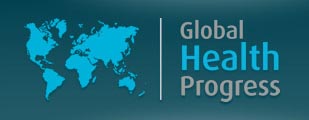Global Health Progress compiled a list of non-communicable disease treatment programs from around the world, highlighting partnerships to address cancer treatment, diabetes care, epilepsy programs and more. The programs, sponsored by leading companies like Astra Zeneca, Abbott, Novo Nordisk, and Bayer Healthcare, aim to increase awareness of non-communicable diseases in the developing world.
“Our goal in creating this list is to bring awareness to these companies who work so hard at fighting diseases in developing countries,†explains Mark Grayson, Vice President of Communications and Public Affairs at PhRMA and key developer in the Global Health Progress initiative. “Non-communicable diseases are the leading killer in many of these countries, and without the help of these programs they would continue to increase.â€
Global Health Progress works with partner groups to encourage and sustain funding for the research and development of healthcare in developing nations. Improving health care systems and access to medicines, especially in the developing world, requires multifaceted approaches and solutions. Research-based biopharmaceutical companies are active partners in some of the largest and boldest health initiatives that explore new and effective ways to provide treatment, care and education to millions of people in developing countries.
Read the full list of non-communicable disease treatment programs here:
http://globalhealthprogress.org/mediacenter/wp-content/uploads/NCD-Health-Partnerships-and-Programs_Worldwide-05-02-11.pdf.
Via EPR Network
More Healthcare press releases

